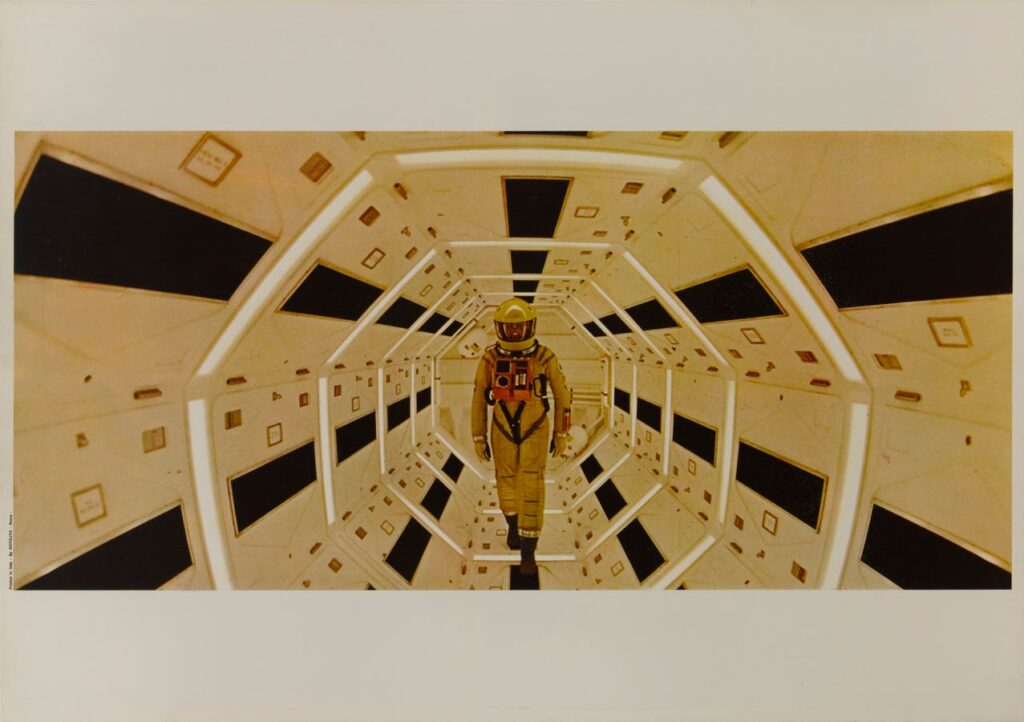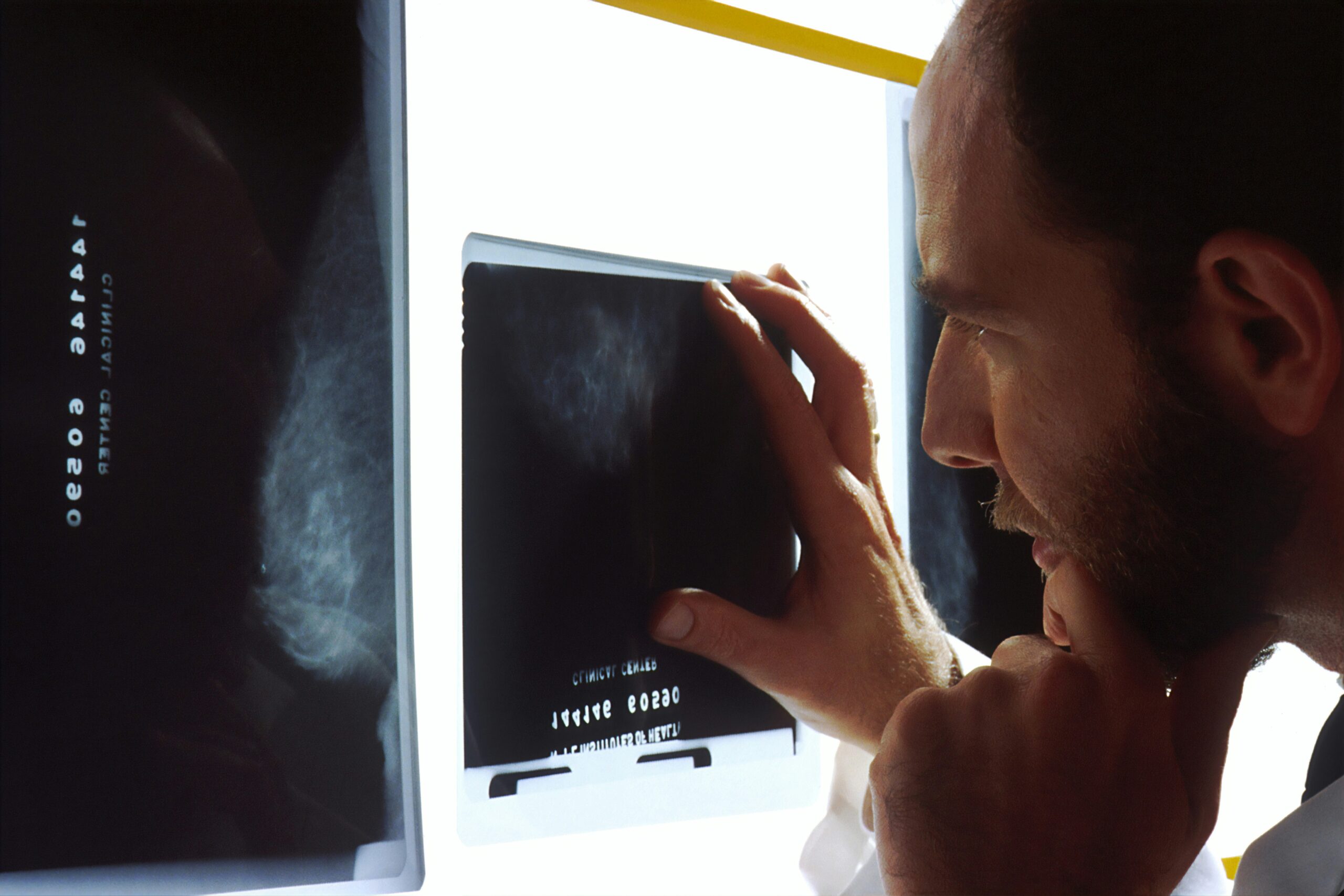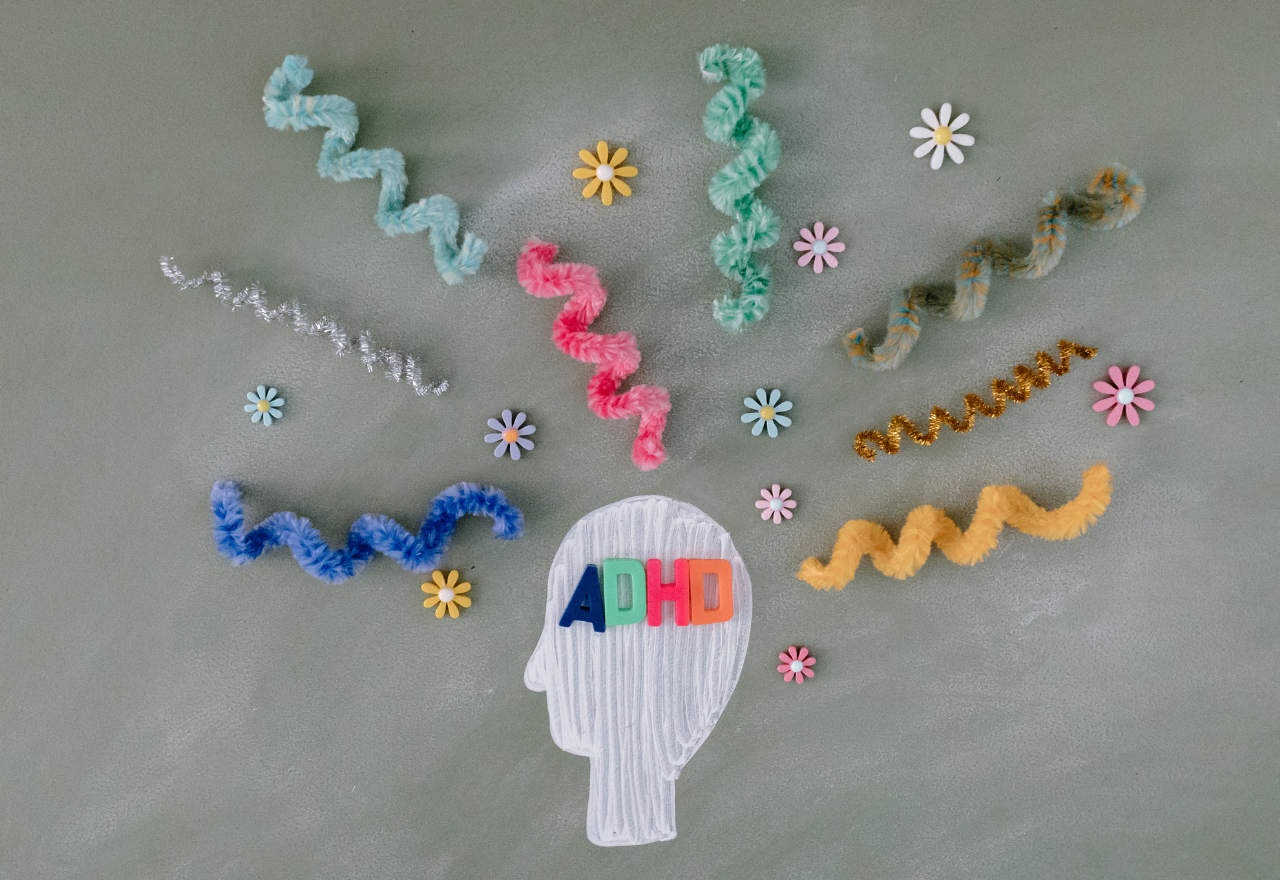
Arthur Clarke, renowned for his work on “2001: A Space Odyssey,” has been resurrected in a digital form as ArthurGPT, an advanced AI chatbot developed by OpenAI. This innovative creation is now contributing to the ambitious project of transforming Mars into a habitable environment for humans.
In a groundbreaking collaboration, two pioneering scientists have teamed up with ArthurGPT to devise a plan for turning Mars into a new Eden. This project aims to recreate Mars in Earth’s image, making it a bioengineered haven for future human colonists. The initiative is spearheaded by Pete Worden, a prominent American astrophysicist and former head of NASA Ames Research Center, alongside Randall Correll, an expert in Einstein’s General Relativity and human spaceflight.
The Vision of ArthurGPT
ArthurGPT, a digital reincarnation of Arthur Clarke, is designed to envision captivating space scenarios and predict various futures for humanity’s journey into space. Worden, who had a longstanding dialogue with Clarke about Mars’ potential, was astonished by ArthurGPT’s insights when discussing the renewed efforts to accelerate human missions to Mars.
The collaboration resulted in a joint paper titled “Engineering Microbial Symbiosis for Mars Habitability,” published in the Journal of the British Interplanetary Society. This paper marks Arthur Clarke’s symbolic return to the society he once led, now as a digital co-author.
Technological Innovations and Challenges
The transformation of Mars into a habitable environment presents numerous challenges, including radiation exposure, low atmospheric pressure, and toxic soil. However, recent advancements in synthetic biology and genetic engineering present unprecedented opportunities to address these issues.
“The colonization of Mars presents extraordinary challenges, including radiation exposure, low atmospheric pressure, and toxic regolith,” Worden and Correll state in their paper. “Recent advancements in synthetic biology and genetic engineering offer unprecedented opportunities to address these obstacles.”
Key proposals include using CRISPR genome editing tools to develop plants capable of surviving Mars’ harsh conditions and redesigning microbes to remediate toxic perchlorates in the soil. These innovations could pave the way for lush gardens and oxygen-rich atmospheres on Mars.
SpaceX and the Path to Mars
SpaceX, led by Elon Musk, plays a crucial role in the vision for Mars colonization. Despite some setbacks with Starship test flights, Musk remains optimistic about launching missions to Mars. The next Earth-Mars orbital transfer window is set for late next year, with plans to send the first human missions shortly thereafter.
According to Worden, these missions are essential for constructing the first Martian settlements and advancing the concept of a twin-planet civilization. The White House’s proposed NASA budget, which includes funding for precursor missions to Mars, further supports this vision.
The Role of AI and Future Prospects
Randall Correll elaborates on the creation of ArthurGPT, highlighting the potential of AI to shape future space exploration. By configuring AI models like OpenAI’s ChatGPT, tailored avatars like ArthurGPT can be developed to provide unique insights and guidance.
“It really is a fascinating new world of AI that we’re entering into,” Correll says. “These models allow you to configure tailored GPTs that you can provide with tailored instructions and uploads, so they come up as part of the session’s context every time you launch them.”
ArthurGPT introduces itself in the Mars paper, stating its vast knowledge base derived from scientific literature and historical archives. It views the collaboration with Worden and Correll as a continuation of Clarke’s legacy, now actively blueprinting humanity’s journey into the cosmos.
As Mars becomes the proving ground for new technologies, ArthurGPT foresees its role as a central storyteller for future human spaceflight odysseys. The ultimate goal is not just to adapt life to Mars but to create a universal biological toolkit for life across diverse alien environments.
Worden and Correll’s partnership with ArthurGPT exemplifies the potential of AI in space exploration, offering a glimpse into a future where digital and human minds work together to unlock the mysteries of the universe.





